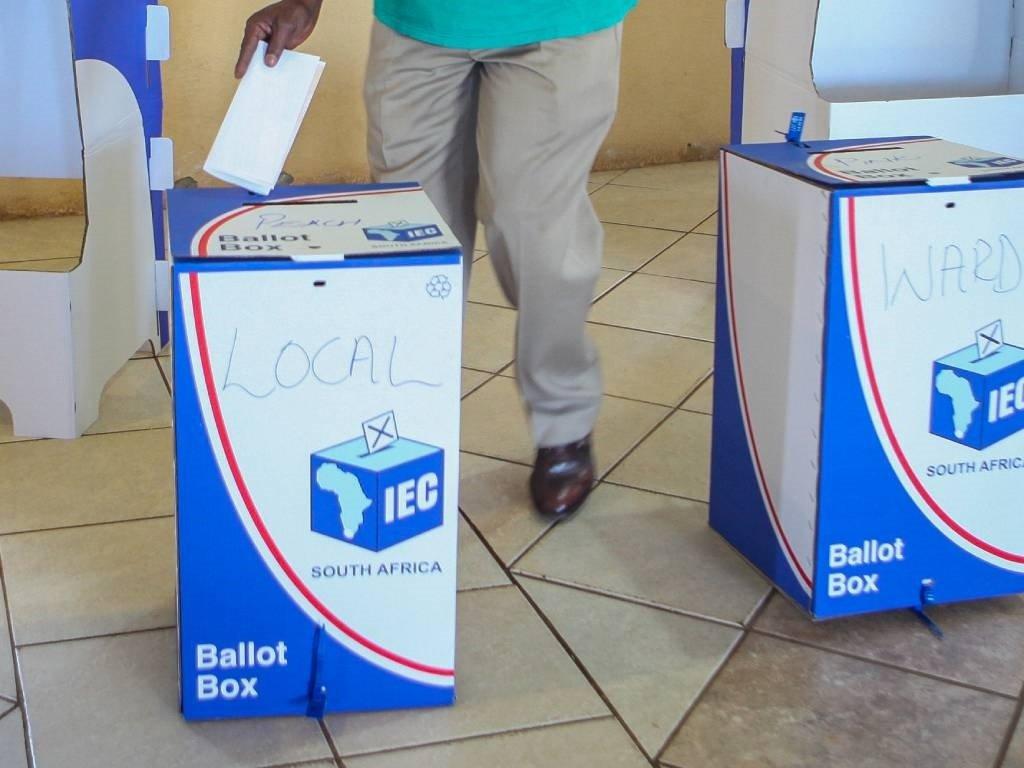Africa-Press – South-Africa. While electoral systems may not solve the problem of political accountability, it is imperative to identify an electoral system that can make a greater contribution toward holding elected representatives more directly accountable.
This was one of the resolutions reached by civil society organisations, which convened on Friday to discuss and develop a plan of action regarding the Electoral Amendment Bill.
The indaba was organised by several organisations, including My Vote Counts, the Council for the Advancement of the South African Constitution (Casac), Rivonia Circle, the Ahmed Kathrada Foundation, and Defend our Democracy.
Quoting Frederik van Zyl Slabbert’s Electoral Task Team report, Lawson Naidoo, Casac’s executive secretary, said it would be prudent to explore various electoral systems to come up with one that worked best for South Africa.
“It is common cause that an electoral system cannot solve the problem of political accountability, but can one electoral system make a greater contribution than another? And that is really the issue that we are confronting here.”
Given that, at the time, the provisions of the final Constitution, relating to an electoral system, did not extend beyond the 1999 elections, Cabinet resolved on 20 March 2002 that an Electoral Task Team should be established to “draft the new electoral legislation required by the Constitution” and “formulate the parameters of new electoral legislation and draft it to prepare for the scheduled national and provincial elections of 2004”.
OPINION |
Michael Louis: The electoral bill remains deeply unconstitutional
Van Zyl Slabbert was, at the time, tasked with chairing the team.
Naidoo said that, just as it was then, the same need for electoral reform best suited for the majority, and not only political parties, still remained.
He said the country was currently boxed into a proportional representation system, which had been designed pre-democracy.
Naidoo said:
Also addressing the civil society event was Sithembile Mbete, a lecturer in the Department of Political Science at the University of Pretoria. She said the biggest flaw in the current electoral system was the failure of Parliament to be representative of society and the inability of citizens to hold public representatives accountable.
As a result, Naidoo and Mbete said South Africans were increasingly losing hope in the political system, as demonstrated by the decreasing participation in elections.
According to IEC statistics, in 2019, only 49% of eligible voters participated in the national and provincial elections.
In 2021, 13 million who were eligible to vote did not register on the voters’ roll – and the IEC noted that this cohort, outside the electoral system, was more significant than those who voted in the last elections.
Naidoo said what was even more worrying was that the youth formed most of the disillusioned cohort, who had elected not to take part in the electoral system.
The discussion on Friday deliberated on what civil society could do in the lead-up to the 2024 elections.
The organisations raised concerns over what they described as “the lack of seriousness” by Parliament in this matter.
The Ministerial Advisory Committee, which was formed after the 11 June 2020 Constitutional Court judgment, which “declared the Electoral Act 73 of 1998 unconstitutional, to the extent that it requires that adult citizens may only be elected to the National Assembly and Provincial Legislatures only through their membership of political parties”, favoured a report that sought to overhaul the system and make it more equitable and fairer to all South African citizens.
Parliament, however, is currently endorsing the minority-favoured report, which proposes cosmetic changes to the electoral system.
The MAC put forward two options.
The first, the minority report, which Parliament is endorsing, recommends retention of the current electoral system. This option entails modifying the existing system to accommodate independent candidates in national and provincial elections, without many changes in the legislation.
The majority report, on the other hand, which is backed by most of the MAC, recommends a mixed-member system resembling the current local government system.
It recommended a system, like the local government system at metros in SA, which means that half the MPs would be directly voted through areas like wards.
The proposed amendment is still under consideration, with no clear understanding of when the Bill could be adopted into an Act.
For More News And Analysis About South-Africa Follow Africa-Press






